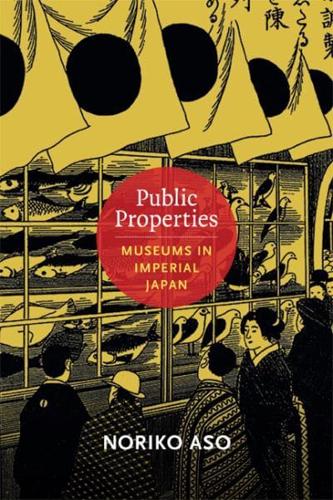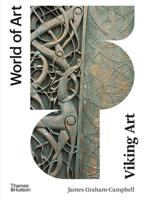
Public Properties Museums in Imperial Japan - Asia-Pacific: Culture, Politics, and Society
Hardback (27 Nov 2013)
- $147.68
Includes delivery to the United States
10+ copies available online - Usually dispatched within two working days
Other formats/editions
Check stock
In the late nineteenth century, Japan's new Meiji government established museums to showcase a national aesthetic heritage. Inspired by Western museums and expositions, these institutions were introduced by government officials hoping to spur industrialization and self-disciplined public behavior, and to cultivate an "imperial public" loyal to the emperor. Japan's network of museums expanded along with its colonies. By the mid-1930s, the Japanese museum system had established or absorbed institutions in Taiwan, Korea, Sakhalin, and Manchuria. Not surprising, colonial subjects' views of Japanese imperialism differed from those promulgated by the Japanese state. Meanwhile, in Japan, philanthropic and commercial museums were expanding, revising, and even questioning the state-sanctioned aesthetic canon. Public Properties describes how museums in Japan and its empire contributed to the reimagining of state and society during the imperial era, despite vigorous disagreements about what was to be displayed, how, and by whom it was to be seen.
Book information
| ISBN: | 9780822354130 |
| Publisher: | Duke University Press Books |
| Imprint: | Duke University Press |
| Pub date: | 27 Nov 2013 |
| DEWEY: | 069.095209034 |
| DEWEY edition: | 23 |
| Language: | English |
| Number of pages: | xiii, 301 |
| Weight: | 553g |
| Height: | 229mm |
| Width: | 152mm |
| Spine width: | 23mm |










